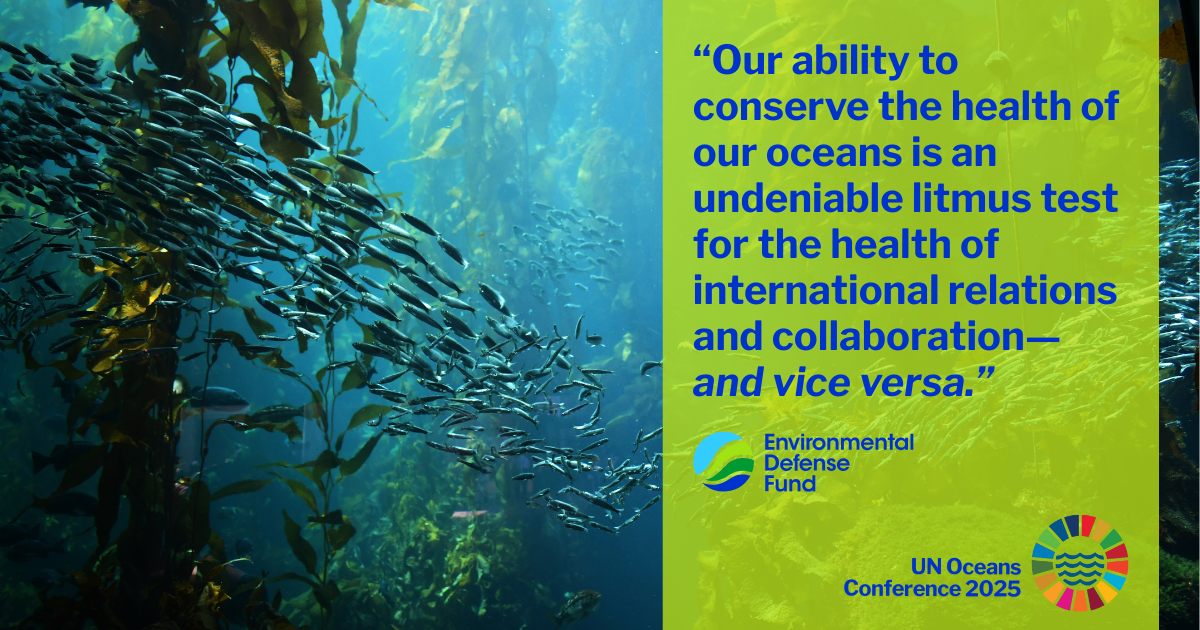Live from Singapore: World Bank Announces Global Partnership for Oceans
There is palpable excitement in Singapore as government, industry, and NGO leaders from around the world are gathered for The Economist’s World Oceans Summit. We’ve spent decades diagnosing the many challenges facing the oceans and testing new solutions, and now a growing chorus of voices are calling for global action. With leadership we can–and will–recover global fisheries in our lifetimes.
Today’s announcement by Robert Zoellick, president of The World Bank, of a Global Partnership for Oceans is a critical signal and significant step toward that goal. EDF is proud to be a founding member of this “growing alliance of governments, international organizations, civil society groups, and private sector interests that will mobilize knowledge and financial resources to address threats to ocean health, resilience and productivity.”
Mr. Zoellick made clear that we “need coordinated global action to restore our oceans to health. Together we’ll build on the excellent work already being done to address the threats to oceans, identify workable solutions, and scale them up.” We couldn’t agree more.
Advancing catch shares, also known as rights-based management for fisheries, is a key element of the new Partnership. Other issues include marine protected areas, pollution, governance, and aquaculture.
Failed fisheries management is preventing the economic and environmental recovery of fish populations around the world. The World Bank estimates that these losses total to about $50 billion annually in its report The Sunken Billions: The Economic Justification for Fisheries Reform which illuminates that the majority of the world’s fisheries are poorly managed and under-utilized economically. Catch shares are a foundational element of turning the economy of fisheries from loss to growth. Research shows catch shares are proven to work for the people who rely on the oceans for jobs and food, and for the recovery of fish populations.












